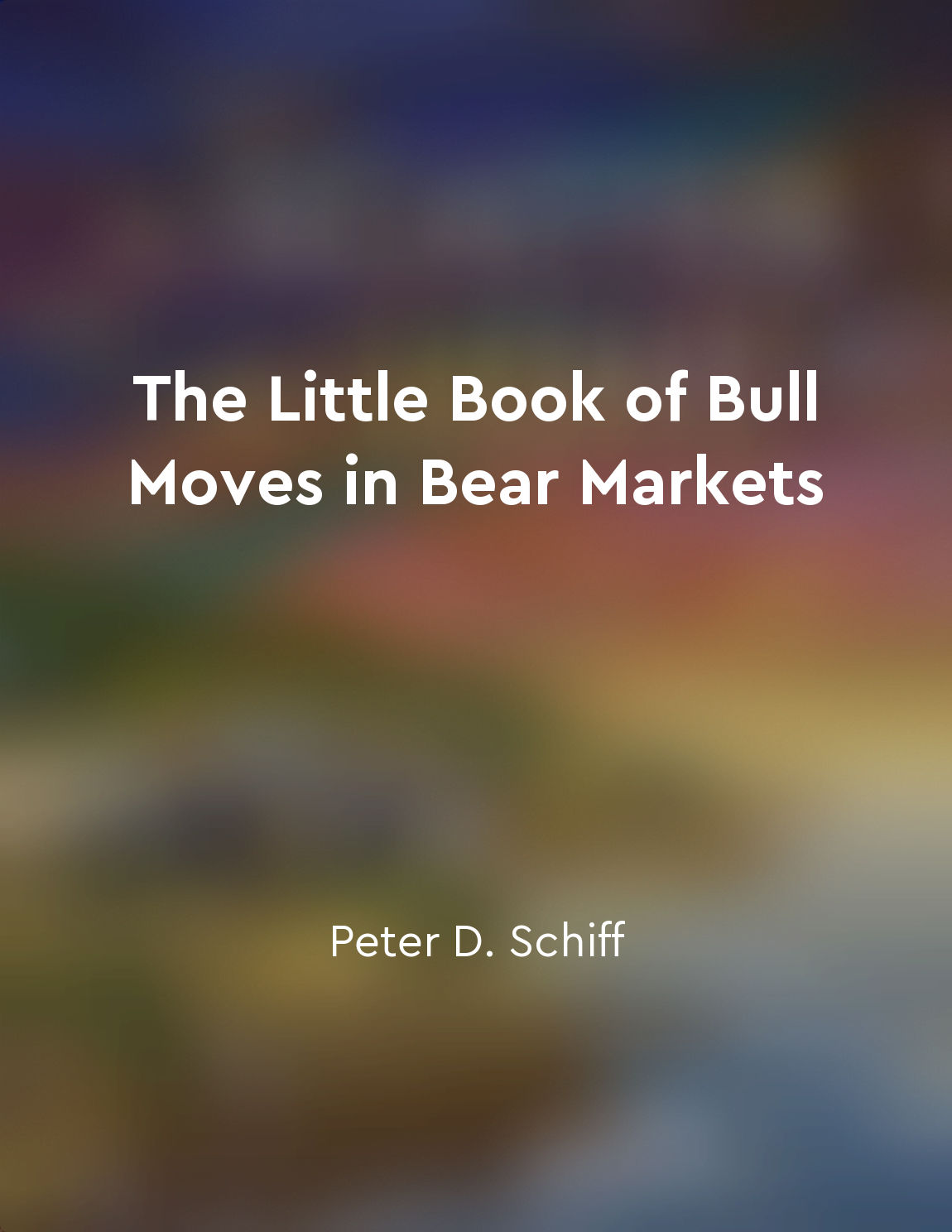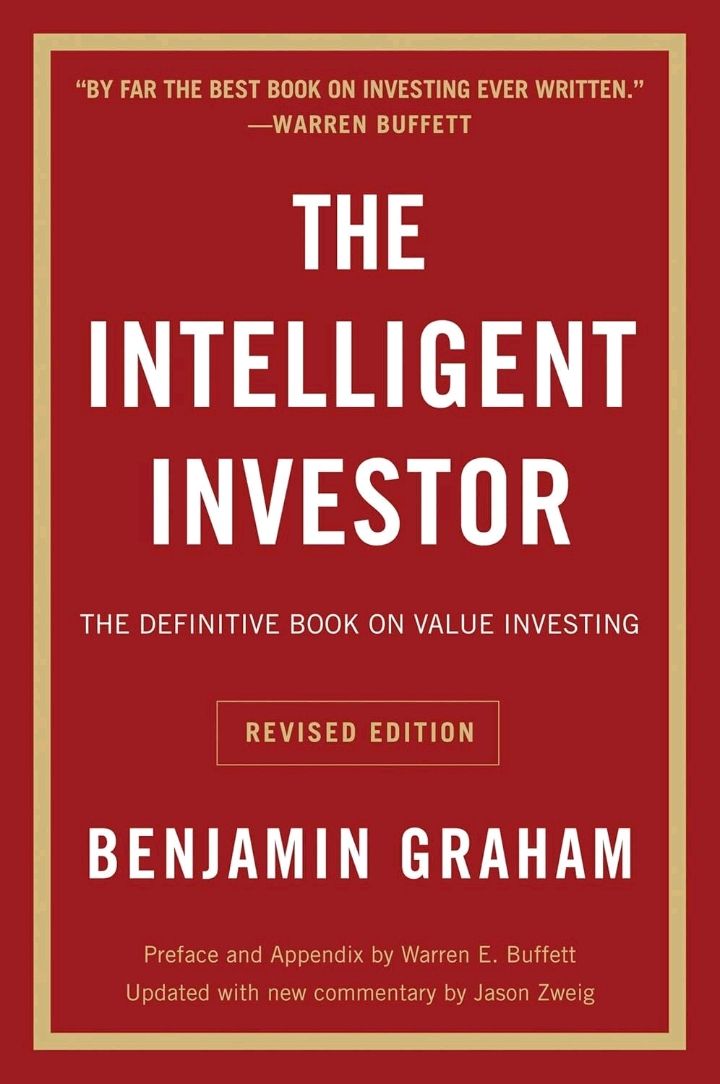Audio available in app
Foreign exchange markets determine currency values from "summary" of International Economics by Robert Carbaugh
Foreign exchange markets are crucial in determining the value of currencies. These markets operate around the clock, allowing participants to buy and sell currencies based on various factors such as supply and demand, economic indicators, and geopolitical events. When demand for a currency increases, its value appreciates, while a decrease in demand leads to depreciation. The exchange rate between two currencies is determined by the interaction of buyers and sellers in the foreign exchange market. For instance, if there is high demand for the US dollar, its value will rise relative to other currencies. Conversely, if there is a surplus of a currency in the market, its value will decrease. The value of a currency is also influenced by economic indicators such as inflation rates, interest rates, and GDP growth. Countries with low inflation rates and high-interest rates typically have stronger currencies as they attract foreign investors seeking higher returns. On the other hand, countries with high inflation rates may experience currency depreciation. Geopolitical events can also impact currency values. For example, political instability or conflicts in a region can lead to a decrease in the value of the local currency as investors perceive higher risks. In contrast, stable political environments attract foreign investment and support a stronger currency.- Foreign exchange markets play a critical role in determining currency values by reflecting the economic fundamentals and market sentiment of countries. Participants in these markets, including banks, corporations, and individual traders, contribute to the dynamic nature of exchange rates through their transactions. Understanding the factors that influence currency values is essential for policymakers, businesses, and investors to make informed decisions in the global economy.
Similar Posts

Seek out knowledgeable financial advisors for guidance
When it comes to navigating the complexities of the financial world, seeking out knowledgeable financial advisors can be crucia...

Be patient and stick to your plan
The essence of successful investing lies in the qualities of patience and discipline. Investors must resist the temptation to r...
Global perspective on the evolution of cryptoassets
The evolution of cryptoassets can be understood more clearly when viewed from a global perspective. Cryptocurrencies like Bitco...
Money is a powerful tool that shapes our lives and society
Money plays a central role in our lives, shaping our decisions and defining our relationships. It is a tool that enables us to ...
Economic growth vital for prosperity
Economic growth is a fundamental driver of prosperity in any economy. By expanding the total output of goods and services in an...
Government policies shape the trajectory of growth
Government policies play a crucial role in shaping the path of economic growth within a country. These policies, whether they a...
International trade allows countries to specialize in producing goods they are efficient at making
International trade plays a crucial role in allowing countries to focus on producing goods that they are best at making. This c...
Investment in human capital is essential for growth
Investment in human capital is a critical component for achieving sustainable economic growth. Human capital refers to the skil...
Consider the impact of inflation on your investments
When thinking about your investments, it is crucial to keep in mind the ever-present factor of inflation. Inflation can have a ...

Adapt your investment strategy to changing economic conditions
In the face of constantly shifting economic conditions, it is imperative for investors to be flexible and adaptable in their in...


